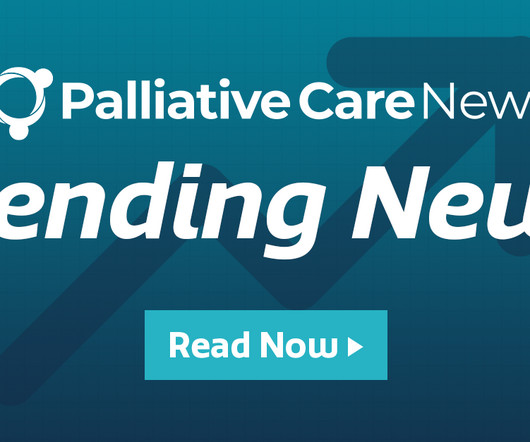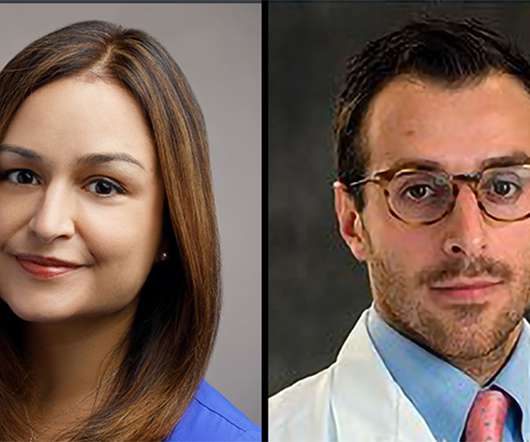Key Palliative Care Trends to Watch in 2024
Hospice News
JANUARY 29, 2024
of the country’s total population, according to a 2015 report by the U.S. Palliative care is an evolving field. Though long-established as a medical specialty, these health care services have yet to reach their full potential due to reimbursement pressures, poor awareness and staffing headwinds. Census Bureau.












Let's personalize your content